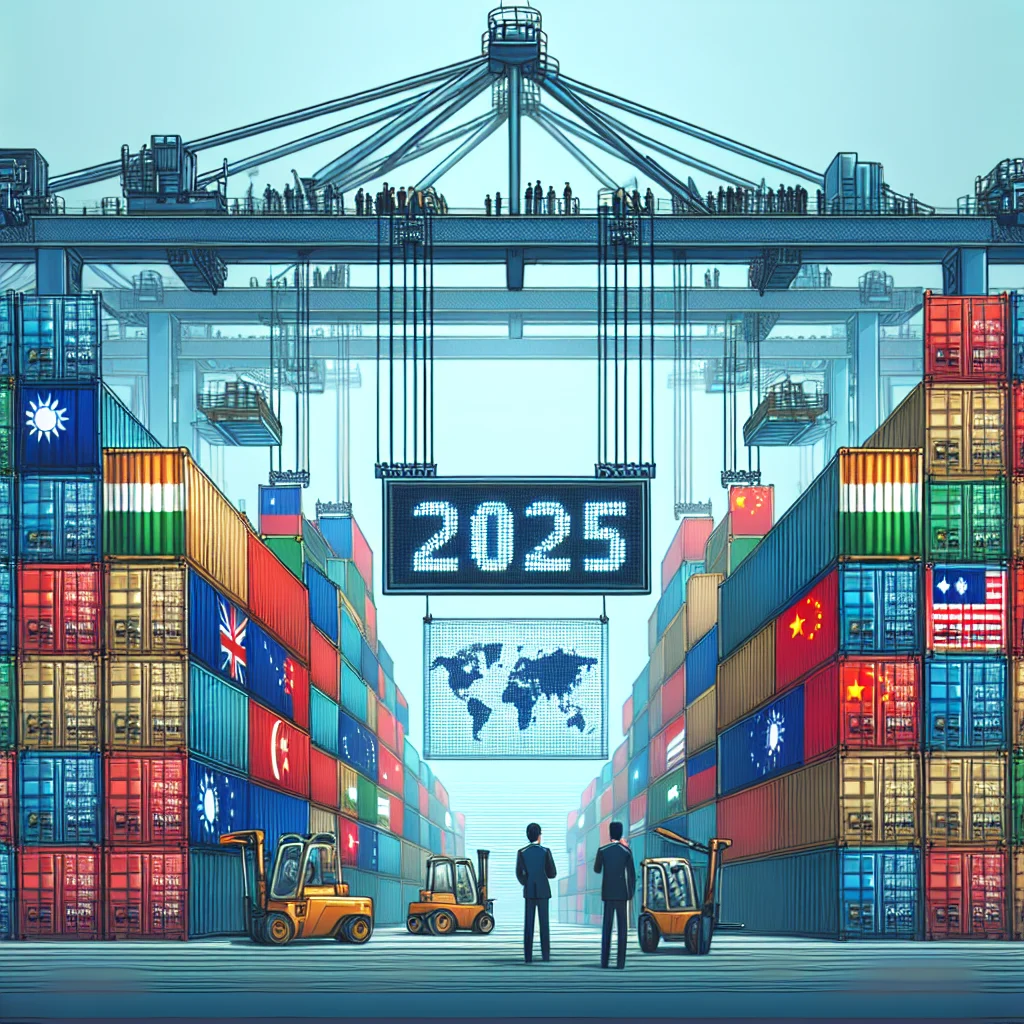
US-Canada Trade Tensions Intensify Amid Middle East Dispute
WASHINGTON, D.C. — President Donald Trump has announced a new round of tariffs targeting Canadian aluminum, lumber, and agricultural products, escalating an ongoing trade dispute between the United States and Canada. The move comes in response to Canada’s recent diplomatic statements backing the recognition of Palestinian statehood at the United Nations, a stance that has drawn criticism from the Trump administration.
Tariffs Target Key Canadian Exports
The latest measures, unveiled Thursday, will impose a 15% tariff increase on Canadian aluminum and a 10% tariff on softwood lumber. New restrictions on dairy imports and wheat are also set to take effect in August. The U.S. Department of Commerce cited national security and economic interests as the basis for the tariffs, echoing language used during the trade disputes of Trump’s previous administration.
- Aluminum: 15% tariff increase
- Softwood Lumber: 10% tariff
- Dairy and Wheat: New import restrictions
Canada Responds with Retaliatory Measures
Canadian Prime Minister Chrystia Freeland condemned the U.S. actions, calling them "unjustified and counterproductive." Ottawa has announced immediate retaliatory tariffs targeting American steel, consumer goods, and agricultural products. Canadian officials emphasized the importance of multilateral diplomacy and reiterated their support for a two-state solution in the Israeli-Palestinian conflict, aligning with recent moves by the European Union and several Latin American nations.
Economic Impact and Political Fallout
Analysts warn that the renewed trade conflict could disrupt supply chains and drive up costs for businesses and consumers on both sides of the border. The U.S. Chamber of Commerce and several industry groups have expressed concern about the potential for job losses in manufacturing and agriculture. Meanwhile, political observers note that Trump’s decision may be aimed at energizing his base ahead of the 2026 midterm elections, where foreign policy and economic nationalism remain central themes.
International Reactions
The United Nations and World Trade Organization have urged both countries to seek resolution through dialogue, warning that escalating tariffs could undermine regional stability. The situation remains fluid as diplomatic channels are explored and further economic measures are considered.
This latest escalation marks a significant setback in U.S.-Canada relations, highlighting the growing intersection of international diplomacy and global trade policy.












